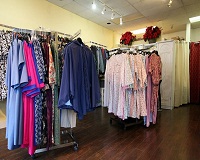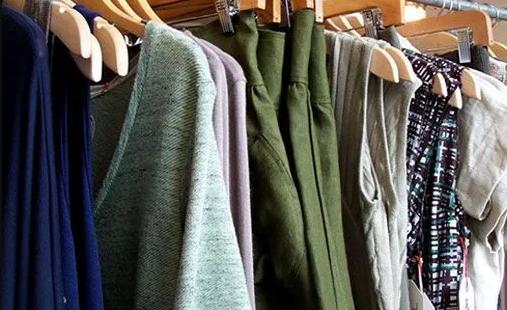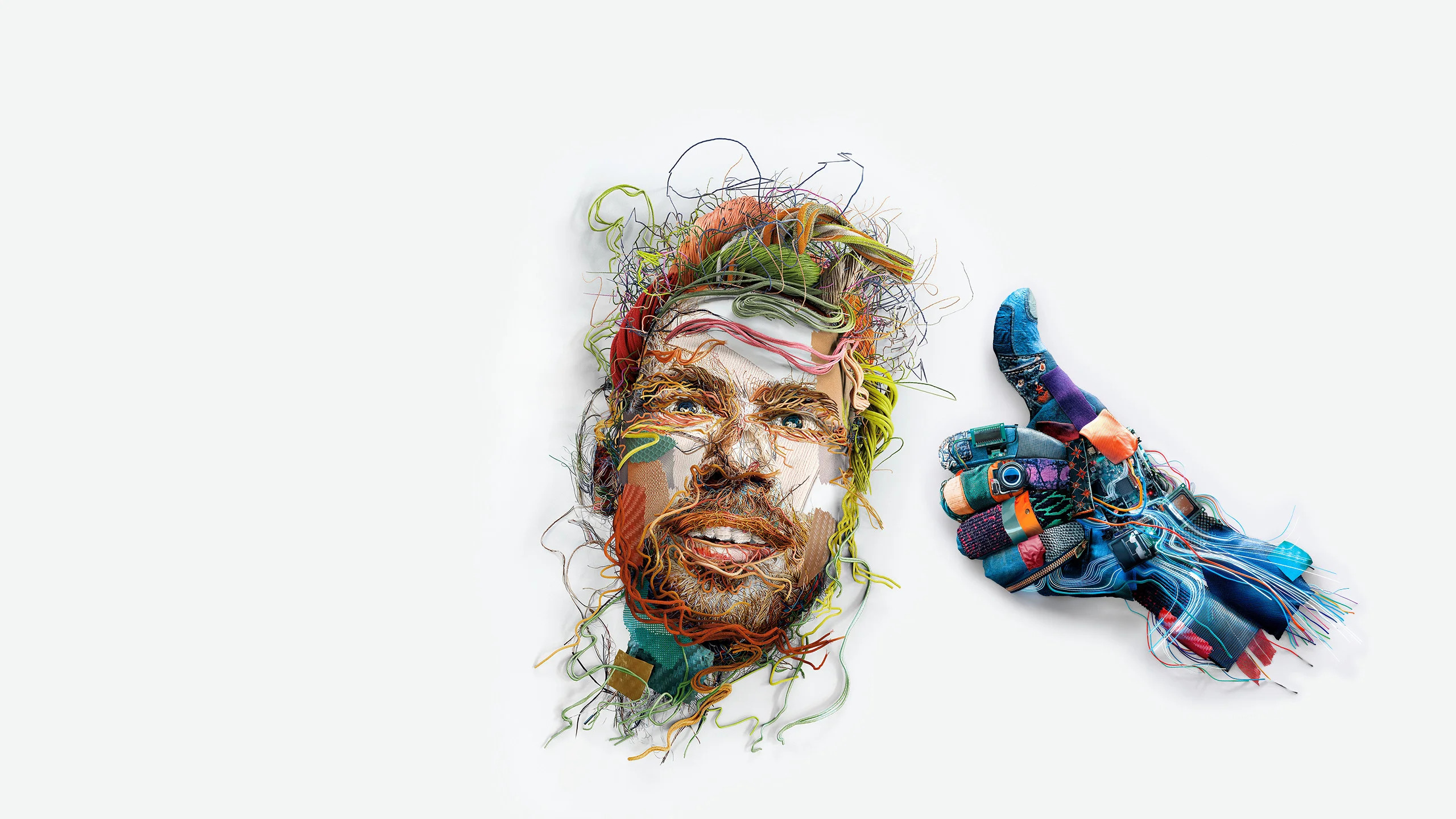"Growing online shopping has increased the contribution of online retail sales. Last year, web-based shopping platforms from Amazon to Zalora accounted for 12.1 per cent of retail sales in the Asia-Pacific region. The global e-commerce market is estimated to be worth $2.3 trillion. As online stores deliver everything from furniture to clothing to groceries, consumers today rarely step out of their house to shop. As entrepreneur.com reveals, 51 per cent of Americans and 67 per cent millennials prefer to shop online rather than visit brick and mortar stores."
 From buying clothes purely on fads or the desire to look good to buying clothes that complement modern lifestyles, consumers have come a long way. Changing lifestyles have pushed up demand for comfort clothing.
From buying clothes purely on fads or the desire to look good to buying clothes that complement modern lifestyles, consumers have come a long way. Changing lifestyles have pushed up demand for comfort clothing.
Comfort with style a priority
Growing online shopping has increased the contribution of online retail sales. Last year, web-based shopping platforms from Amazon to Zalora accounted for 12.1 per cent of retail sales in the Asia-Pacific region. The global e-commerce market is estimated to be worth $2.3 trillion. As online stores deliver everything from furniture to clothing to groceries, consumers today rarely step out of their house to shop. As entrepreneur.com reveals, 51 per cent of Americans and 67 per cent millennials prefer to shop online rather than visit brick and mortar stores.
This is also the reason why sale of luxury loungewear has increased over the years. Consumers expect their clothes to be both comfortable and versatile enough to accommodate their hectic schedules without compromising on style. The rise of luxury loungewear is seen as a response to varied lifestyles of modern consumers.
A striking example of this is the cashmere jogger which continued to be the best seller at Haroods – the luxury department store in 2017. On similar lines, sale of sweatpants at MatchesFashion.com increased 300 per cent year-on-year while British retailer Selfridges registered a 30 per cent year-on-year growth in sales of premium loungewear. The retailer’s of cashmere loungewear pieces also doubled.
department store in 2017. On similar lines, sale of sweatpants at MatchesFashion.com increased 300 per cent year-on-year while British retailer Selfridges registered a 30 per cent year-on-year growth in sales of premium loungewear. The retailer’s of cashmere loungewear pieces also doubled.
Known for their luxurious feel, the clothes made of Tencel, Lyocell marry style and comfort. They increase a consumer’s style quotient by exhibiting a sleek, sumptuous sheen and deeper, richer color compared to other fabrics. More absorbent than cotton, softer than silk and cooler than linen, Lyocell also provides long-lasting softness to help skin stay pleasantly cool and dry through day and night.
Moving towards functional fashion
With busy lifestyles, more travel and varied and flexible work lives, fashion too is adopting a functional approach. Consumers seek comfortable, fuss-free styles that adapt to the moment and can travel anywhere with them.
Also, with consumers becoming more aware about health and wellness, they expect more from the apparel industry, just as the versatility of activewear has grown in response to demand from the athleisure fashion consumer.
Shoppers don’t just buy a product, they buy everything it represents. Still, they can feel limited by choice in a clothing industry that produces some 100 million tons of fibers each year, of which synthetics are expected to be more than 98 per cent of future fiber production, according to petrochemical analytics firm, Tecnon Orbichem.
Consumers who buy eco-friendly clothes can now feel good about opting for garments made of fibres having the least environmental impact. A fiber of botanic origin, Tencel is extracted from the cellulose found in wood pulp, and its production process is more eco-friendly than other fibers in terms of water, land and chemical output. Using a special ‘closed-loop system’ recognised by the European Union with an European Award for the Environment, 99.7 percent of the chemicals and solvents used to make Tencel fibers are recovered and recycled with minimal waste and very low emissions.
Leading busy and aspirational lives, consumers today yearn to make their clothes durable, comfortable, timeless and eco-friendly. Increasingly, the apparel industry is offering up sustainable options to help satisfy that demand.












